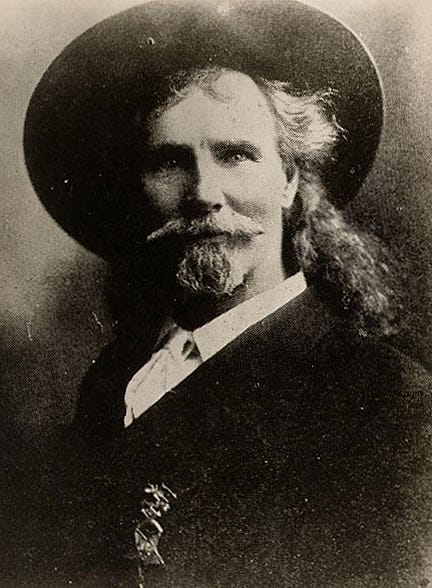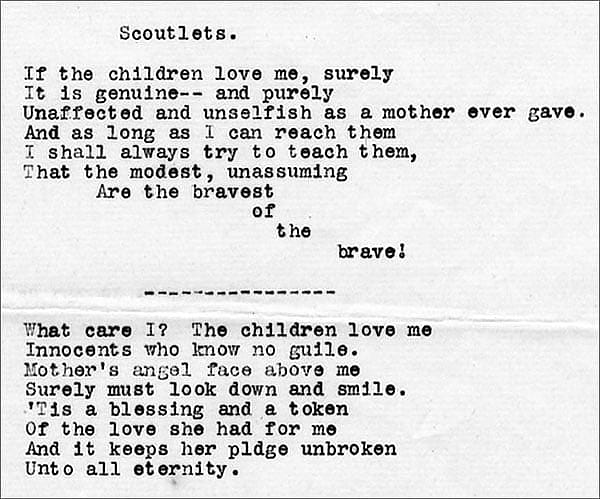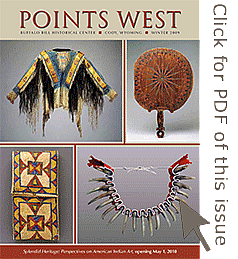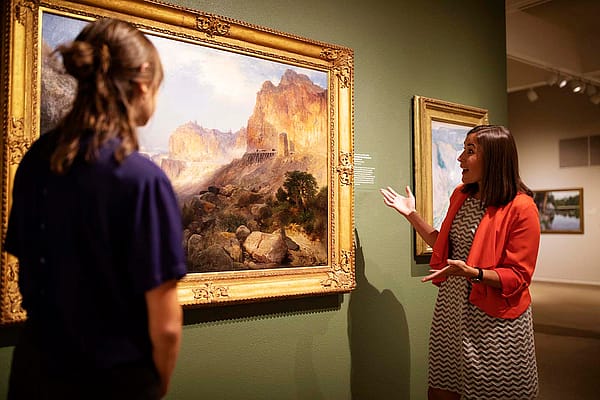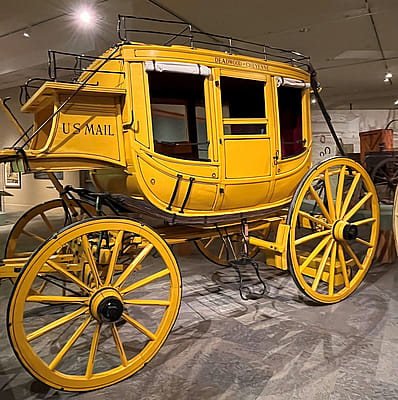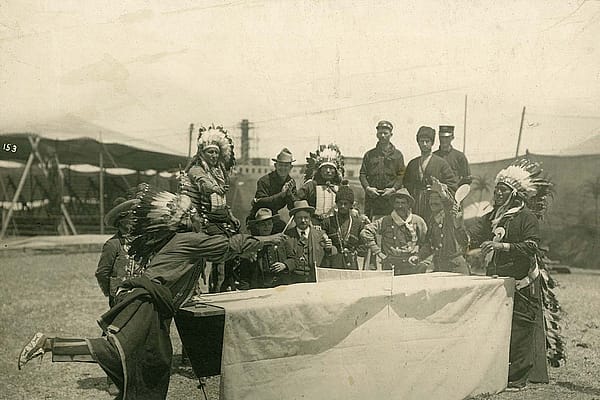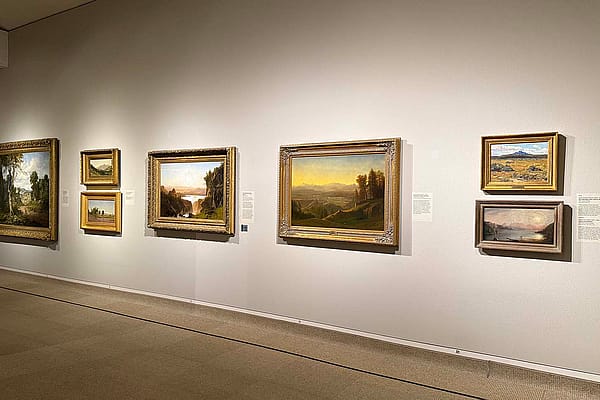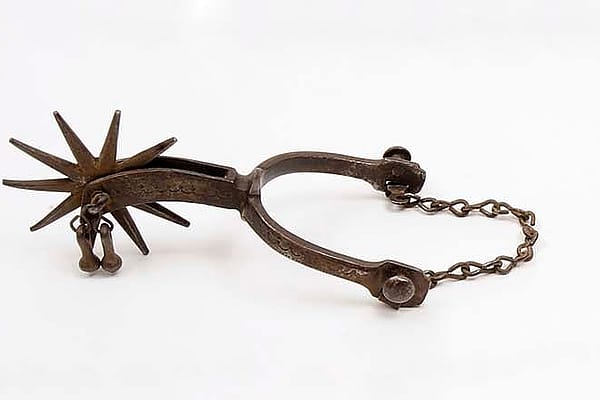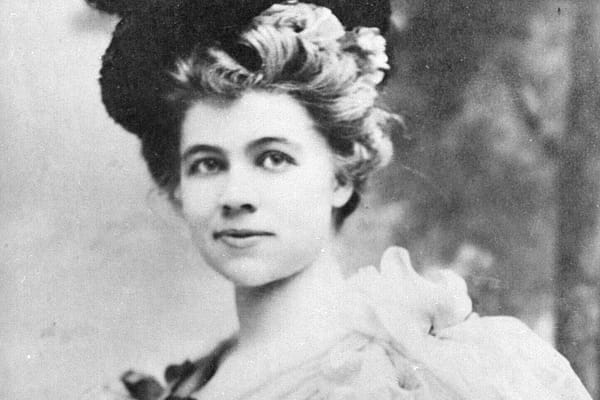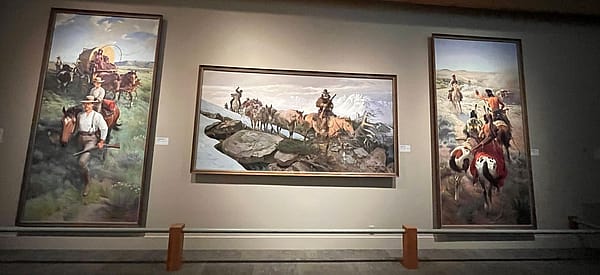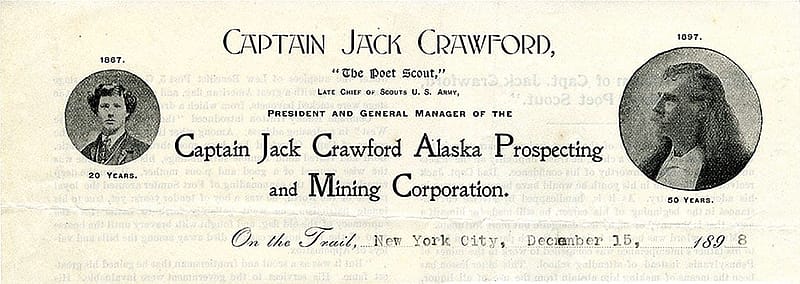
The “Poet Scout” Captain Jack Crawford – Points West Online
Originally published in Points West magazine
Winter 2009
The “Poet Scout” Captain Jack Crawford
From this “Treasures from our West” post from a while back, our website visitors will no doubt recall the image of John Wallace “Captain Jack” Crawford standing at the site of the Panama Canal when it was simply a great big “ditch.” In words and images discovered since then, researchers at the Buffalo Bill Center of the West have continued to learn more about the “Poet Scout.”
“Crawford had an incredibly interesting life,” says Samantha Harper, the processing archivist at the Buffalo Bill Center of the West’s McCracken Research Library. “He was a prolific author of poetry and short stories, as well as a public speaker on issues of temperance and reform. His use of vernacular in his writings sheds new light on the popular culture of this era.”
Unfortunately, he constantly compared himself to Buffalo Bill Cody, according to Harper, and suffered under the misguided belief that he was in some way less successful than his friend. She suggests that it’s possible to learn as much about the culture of the Gilded Age (an age of wealth, industry, and opulence in America from post-Civil War times to World War I) by studying these two men, their assumptions about what constituted success, and their ultimately misguided investments, as from “any thorough reading about the period.”
An Irish immigrant, Crawford and his father joined the Union Army in the Civil War, serving in the 48th Pennsylvania Volunteers. The younger Crawford was wounded four times, the last of which occurred at Spottsylvania where, while he recuperated, a nun taught him to read and write. When the war ended, he returned to Pennsylvania where he married and started a family.

After serving in the 1874 Custer expedition to the Black Hills of the South Dakota Territory, Crawford settled in the area where he reported on conditions in the region for the Omaha Daily Bee. He also became Chief of Scouts for the Black Hills Rangers, and, after Custer’s defeat at the Battle of the Little Bighorn in 1876, Crawford joined the Fifth Calvary at the urging of his friend, William F. “Buffalo Bill” Cody. In fall 1876, he joined Cody’s theatrical troupe for the winter season and starred as “Captain Jack” opposite “Buffalo Bill” in western melodramas.
In spring 1878, Crawford journeyed to the gold fields of the Caribou Region in British Columbia, but had little luck as a miner. A year later, he traveled to San Francisco to negotiate the publication of his first book, The Poet Scout, and then scouted for the U.S. Army in New Mexico for their campaign against the Apaches. Crawford liked the area so much that he stayed there after resigning from the Army in 1880. He became post trader at isolated Fort Craig where the family lived for nearly two decades, even after the troops withdrew and the fort closed.
Crawford continued to prospect, perform, and write. The Poet Scout was enlarged and reprinted in 1886, followed by three other books, several plays in which he took the central roles, and more than a hundred short stories.
Because of a promise he made to his mother, Crawford never touched a drop of whisky. Proud of his sobriety, he later became a special agent of the Justice Department under President William Henry Harrison, responsible for the capture of outlaws and “bootleggers” who sold whiskey to Native Americans throughout the Southwest.
In 1893, Crawford began devoting his work time exclusively to his career as an entertainer, and within five years, he became one of the country’s most popular platform entertainers. But, stricken by “Klondike gold rush fever” in 1899, he headed north to Canada, a move fraught with financial difficulty; he returned to the stage two years later.
Estranged from his wife, Crawford died at his Long Island, New York, home in 1917.
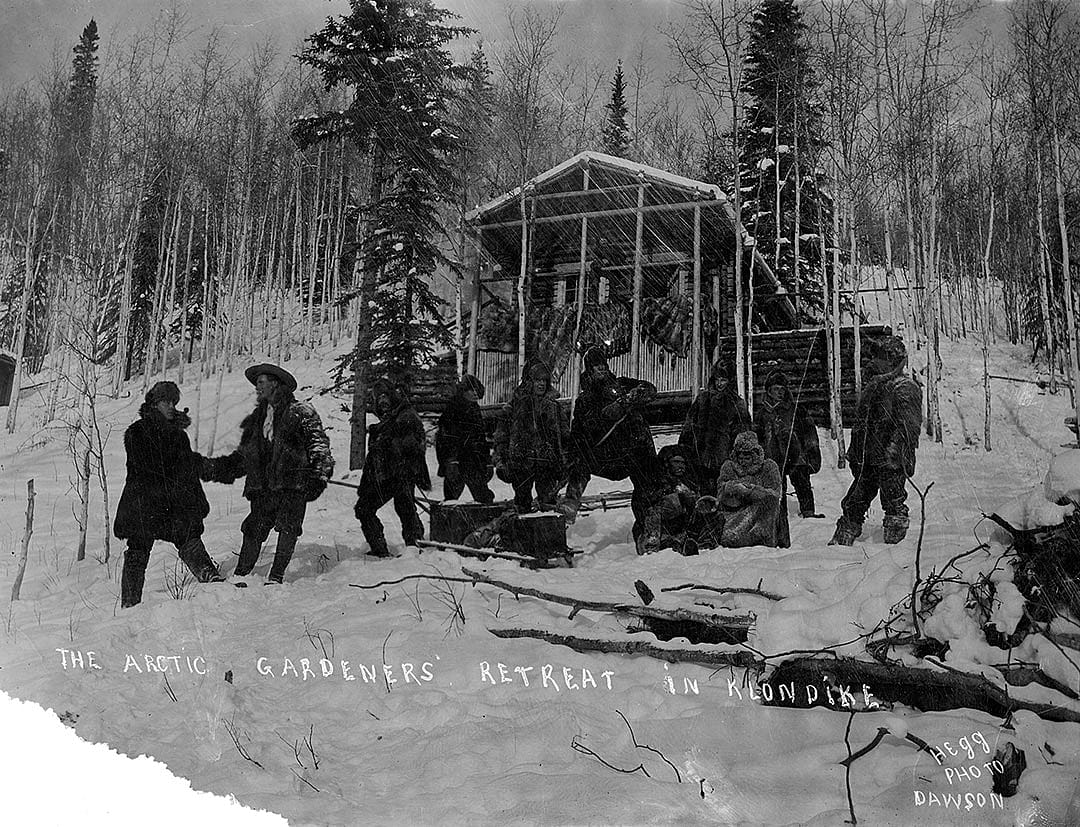
In fall 2008, the children of Harriet Richardson, a direct descendant of Crawford, donated her collection of memorabilia, acquired over the course of her life.
Then-Director of the McCracken Research Library D. Kurt Graham said, “We are so thankful to the Richardson family for their gift and are pleased to note that this collection is being digitized and made available through our website. Researchers can now access this material from anywhere in the world, which we hope will lead to additional scholarship on Captain Jack, his associates, and the world in which they lived.”
Post 211
Written By
Nancy McClure
Nancy now does Grants & Foundations Relations for the Center of the West's Development Department, but was formerly the Content Producer for the Center's Public Relations Department, where her work included writing and updating website content, publicizing events, copy editing, working with images, and producing the e-newsletter Western Wire. Her current job is seeking and applying for funding from government grants and private foundations. In her spare time, Nancy enjoys photography, reading, flower gardening, and playing the flute.
